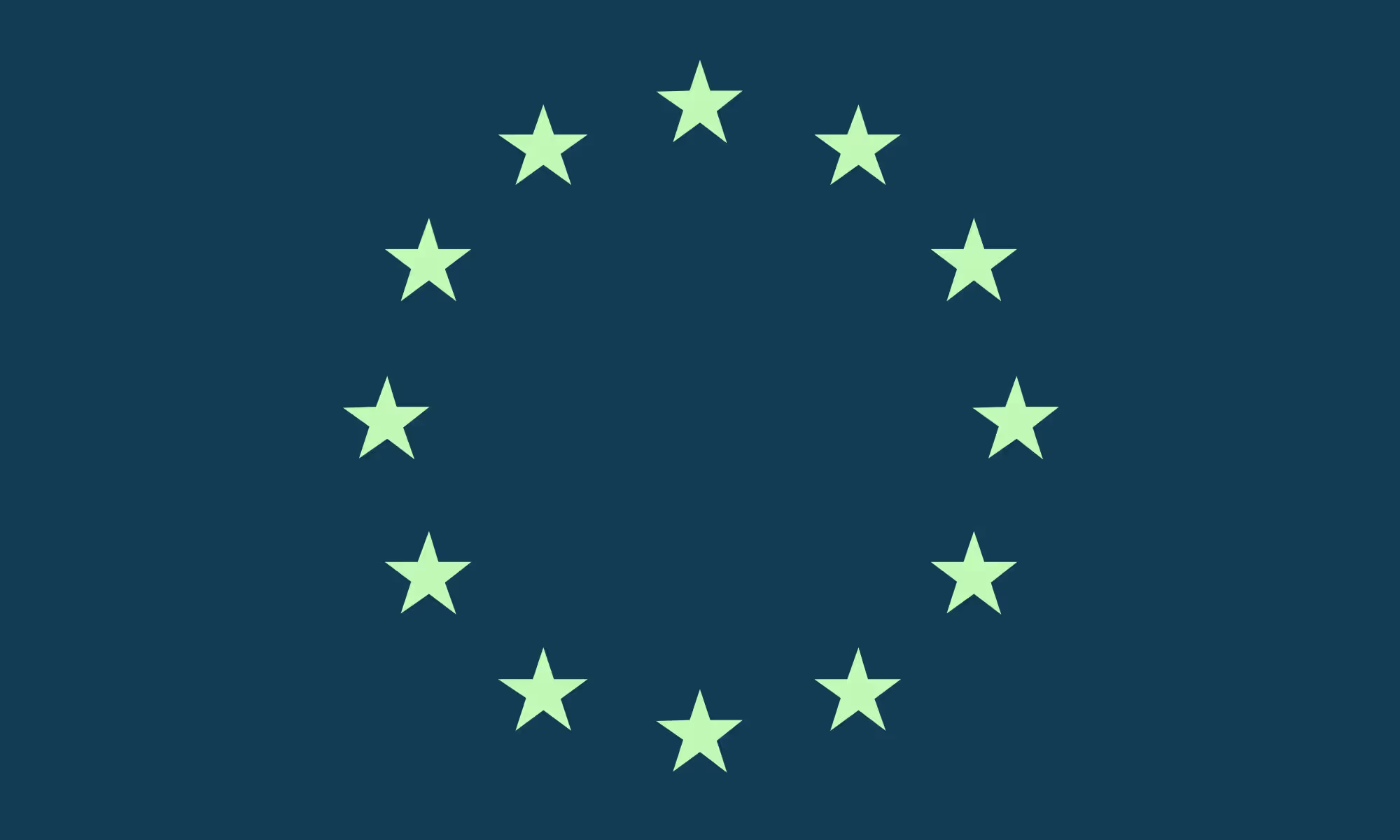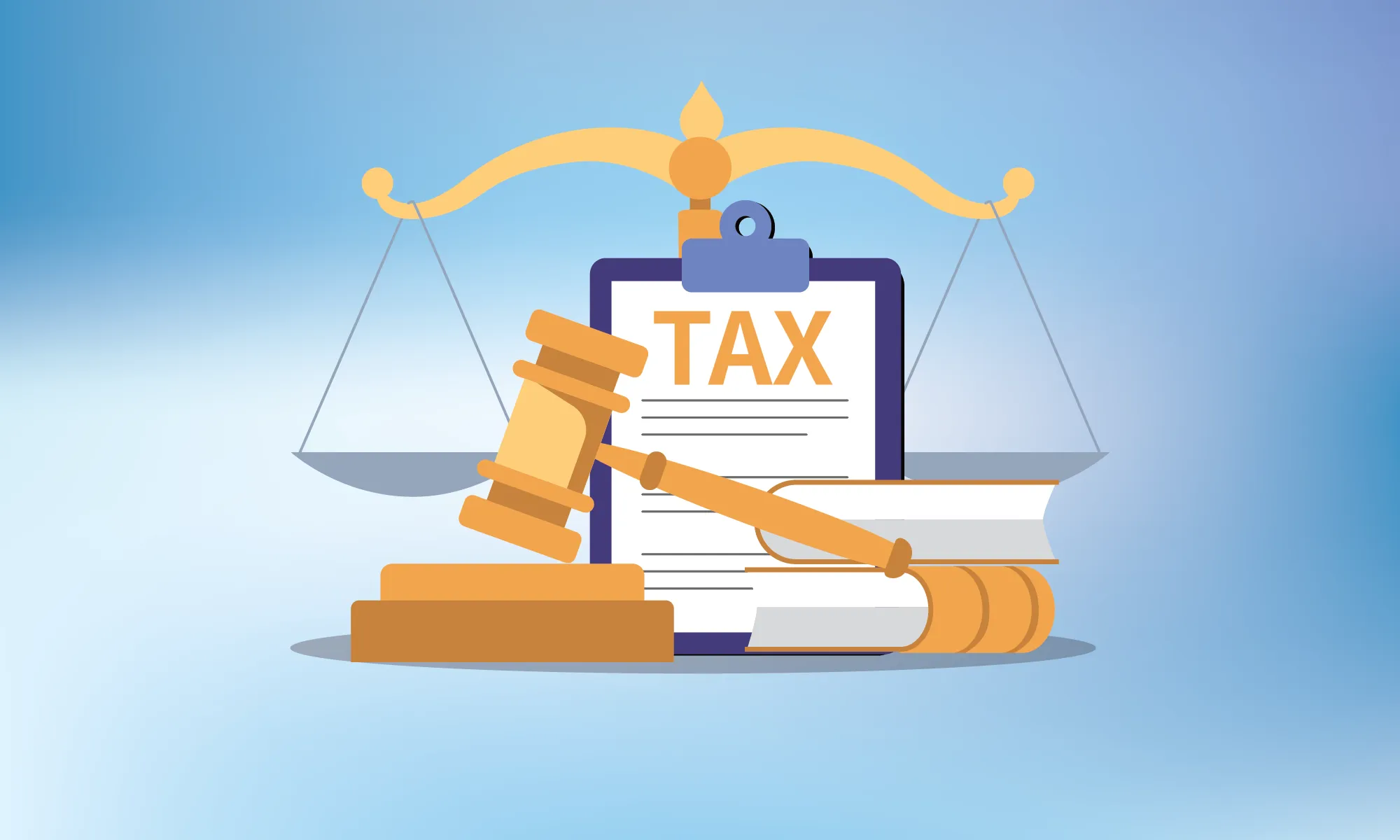E-invoicing is the exchange of electronic invoices between taxpayers, with the primary goal of optimizing business workflows and streamlining invoicing processes. An electronic invoice, or e-invoice, is an invoice that has been issued, transmitted, and received in a structured data format, enabling automatic and electronic processing.
This innovation introduces significant challenges due to tax authorities' strict and varied global e-invoicing regulations to improve transaction visibility within their economies and reduce the VAT gap. Multinational companies, in particular, face the daunting task of navigating and adhering to these diverse e-invoicing compliance requirements across multiple jurisdictions.
E-Invoicing in the EU: Current and upcoming mandates
In this section, we will delve into the landscape of e-invoicing and digital reporting obligations across the European Union's member states, with a specific focus on the current and upcoming business-to-business (B2B) e-invoicing requirements.
🇫🇷 France
Initially scheduled to commence on July 1, 2024, the French e-invoicing and e-reporting reform has been postponed to start on September 1, 2026. Under the upcoming requirements, different taxpayer groups will be required to issue e-invoices at different deadlines, while all taxpayers must be able to receive e-invoices from the beginning of the roll-out date.
Here are the current timelines:
- All companies must be able to receive electronic invoices from September 1, 2026.
- Large and mid-sized companies must comply with the e-invoicing and e-reporting requirements from September 1, 2026.
- Small companies and micro-enterprises must comply from September 1, 2027.
The enforcement dates may be adjusted by one quarter if necessary, considering the significance of these changes for businesses.
🇵🇱 Poland
In Poland, the Ministry of Finance postponed the implementation of the e-invoicing mandate, originally scheduled to become mandatory in July 2024. The requirement for implementing the Polish E-Invoicing system (KSeF) has been postponed to a date beyond 2024, with an updated schedule for implementation expected to be declared in the upcoming weeks.
Meanwhile, the Ministry has been focusing on potential improvements to the KSeF system, following feedback received from stakeholders during the consultation period.
🇷🇴 Romania
Following a similar trend of delays, Romania has decided to postpone the implementation of fines for e-invoicing compliance. Originally set to begin in April 2024, the enforcement of penalties has been moved to June 2024.
Starting from June 2024, both resident and non-resident VAT-registered businesses will face penalties ranging from 1000 LEI to 10000 LEI (approximately EUR 200 to EUR 2000) depending on their size.
Compliance is reviewed monthly; therefore, the fines outlined above are not imposed per e-invoice but rather for non-compliance during any calendar month starting from June 2024.
Starting in July 2024, all established businesses will be required to receive e-invoices via the E-Factura system. Non-compliance will result in a penalty of 15% of the total invoice value.
🇪🇸 Spain
The Spanish digital reporting system Suministro Inmediato de Información (SII) requiring invoice data to be reported to the tax authority is live.
The Spanish government passed the "Create and Grow" law introducing e-invoicing obligations for B2B transactions. The timeline to comply with the upcoming e-invoicing system is still not determined as it depends on the date of implementing regulations.
According to the draft law submitted to the European Commission by Spanish authorities, the timelines and scope of e-invoicing will be as follows:
- Companies and sole traders with an annual turnover exceeding €8m: one year after the date of the approval of the implementing regulation
- Companies and sole traders with an annual turnover below €8m: two years after the date of the approval of the implementing regulation
The above deadlines apply equally for sending e-invoice status messages, except for sole traders with an annual turnover below €8 million, who will have three years from the regulation's approval to comply.
🇭🇺 Hungary
Hungary's digital reporting system (RTIR) is fully operational, requiring invoice data reporting to the tax authority.
It's important to note that the RTIR system enables taxpayers to fulfill their data reporting obligations by submitting an XML e-invoice, provided the buyer has agreed to receive e-invoices.
The RTIR system has been operational since 2018, and there are currently no announced plans to implement mandatory B2B e-invoicing in the country.
🇩🇪 Germany
After getting the green light from the European Council to implement mandatory e-invoicing in the country, Germany has finalized and enacted the Growth Opportunities Act, establishing mandatory B2B e-invoicing for domestic transactions.
By January 2025, this law requires all businesses under scope to be able to receive electronic invoices compliant with the European standard (EN 16931).
Moreover, businesses will be obliged to issue e-invoices compliant with the European standard gradually based on their turnovers:
- January 2027: Businesses with an annual turnover exceeding 800,000 Euros are required to issue electronic invoices, although EDI invoices will still be permitted
- January 2028: All businesses will be required to issue EN-compliant e-invoices.
🇵🇹 Portugal
Even though no major changes are expected in the Portuguese real-time reporting and SAF-T obligations, rules relating to ensuring the integrity and authenticity of electronic documents (including invoices and other fiscally relevant documents) will change from January 1, 2025.
Taxpayers must guarantee the integrity and authenticity of electronic documents through the following means from January 1, 2025:
- Affixing a qualified electronic signature under the legal terms
- Affixing a qualified electronic seal
- Use of an electronic data exchange system provided that the respective issuers and recipients sign an agreement that follows the legal conditions of the «European EDI type agreement.»
Additionally, mandatory B2G e-invoicing for SMEs is postponed to January 1, 2025.
🇮🇹 Italy
The Italian e-invoicing system through Sistema di Interscambio (SDI) has become mandatory for SMEs from January 1, 2024.
This change impacts the B2B and B2C transactions of SMEs and some marketplaces as their underlying suppliers will be in the scope of e-invoicing.
🇧🇪 Belgium
Belgium has enacted a law mandating e-invoicing for domestic B2B transactions. Starting January 1, 2026, B2B e-invoicing will become mandatory for all taxpayers established in Belgium. Belgium also plans to implement near real-time e-reporting by 2028, aligning with the broader EU initiatives.
Even though certain taxpayer groups are exempted (such as those in a state of bankruptcy or under a flat-rate regime), there is no threshold limit for taxpayers within the scope of the mandate. This means the go-live date applies uniformly to all businesses conducting B2B transactions, unless exempt.
According to the requirements, all businesses will be required to issue structured electronic invoices, and the Peppol framework will be implemented to ensure interoperability.
It is also important to note that the current law does not impose any clearance or e-reporting requirements on businesses.
🇭🇷 Croatia
The Croatian tax authority has announced plans to introduce an upgraded version of the existing Fiscalization system, known as Fiscalization 2.0.
This new system is expected to mandate the issuance of e-invoices for B2B transactions and require reporting for transactions between domestic taxpayers.
The Croatian Ministry of Finance has applied to the European Commission for authorization to implement this system.
The targeted go-live date for these requirements is January 1, 2026, although the necessary regulations and approval from the European Commission are still pending.
🇬🇷 Greece
The e-accounting obligation “MyData” that requires real-time submission of accounting ledger entries is live.
As Greece has already mandated e-invoicing for Business to Government (B2G) transactions and is expanding its scope, there is also consideration for implementing mandatory B2B e-invoicing within the country. For this potential B2B e-invoicing requirement, Greece is expected to utilize the existing MyDATA platform along with certified e-invoicing service providers.
Although no official announcements have been made regarding timelines, more details are expected to emerge in the coming months.
Other Member States
Additionally, other member states are advancing their e-invoicing initiatives. Ireland has launched a public consultation to introduce real-time reporting requirements, particularly for B2B and B2G domestic transactions. Latvia aims to mandate B2B and B2G e-invoicing by December 2025. Estonia seeks to expand the use of e-invoicing through an Accounting Act that allows buyers to request European Norm-compliant e-invoices—a right also acknowledged under specific conditions in Finland. Denmark is taking steps to prepare businesses for e-invoicing by introducing electronic bookkeeping requirements. Meanwhile, Slovenia and Slovakia have announced their intentions to adopt e-invoicing, although specific timelines have yet to be determined.
VAT in the Digital Age (ViDA)
VAT in the Digital Age (ViDA) proposal suggests groundbreaking changes concerning e-invoicing and digital reporting obligations for businesses operating in Europe. You can check out our blog post explaining the proposed changes in detail.
Even though ViDA proposal suggests e-invoicing and digital reporting obligations for cross-border B2B supplies for all member states by latest 2028, the impact of the proposal has already been witnessed, with some European countries announcing their intentions to implement e-invoicing requirements (e.g., Sweden), while others accelerate their plans through timely legislative efforts(e.g. Germany). Most countries that will introduce e-invoicing and/or digital reporting systems aim to introduce rules that align with the ViDA proposal for domestic transactions.
ViDA's implementation within the EU is anticipated to spark a domino effect globally, catalyzing the pace of adoption for advanced e-invoicing systems.
It's important to note that the ViDA proposal is currently being discussed at the EU level, and the implementation will potentially be postponed to 2030 or later.
What are Digital Reporting Requirements (DRR)?
Digital Reporting Requirements (DRR) is a relatively new term relevant to EU member states that the European Commission introduced with the ViDA initiative. DRRs are any obligation for a VAT-taxable person to periodically or continuously digitally submit data on all or most of their transactions to the relevant tax authority.
If you would like to learn more about DRRs and find the terminology around e-invoicing and digital reporting confusing and are in search of a comprehensive guide, check out our terminology guide.
How Fonoa Can Help
Fonoa offers comprehensive e-invoicing solutions to simplify tax compliance. Our platform automates e-invoicing processes, ensuring adherence to country-specific regulations. Say goodbye to manual errors and administrative burdens, and stay informed about upcoming changes effortlessly. Trust Fonoa for efficient, accurate, and compliant EU e-invoicing so that you can focus on business growth worry-free.

















